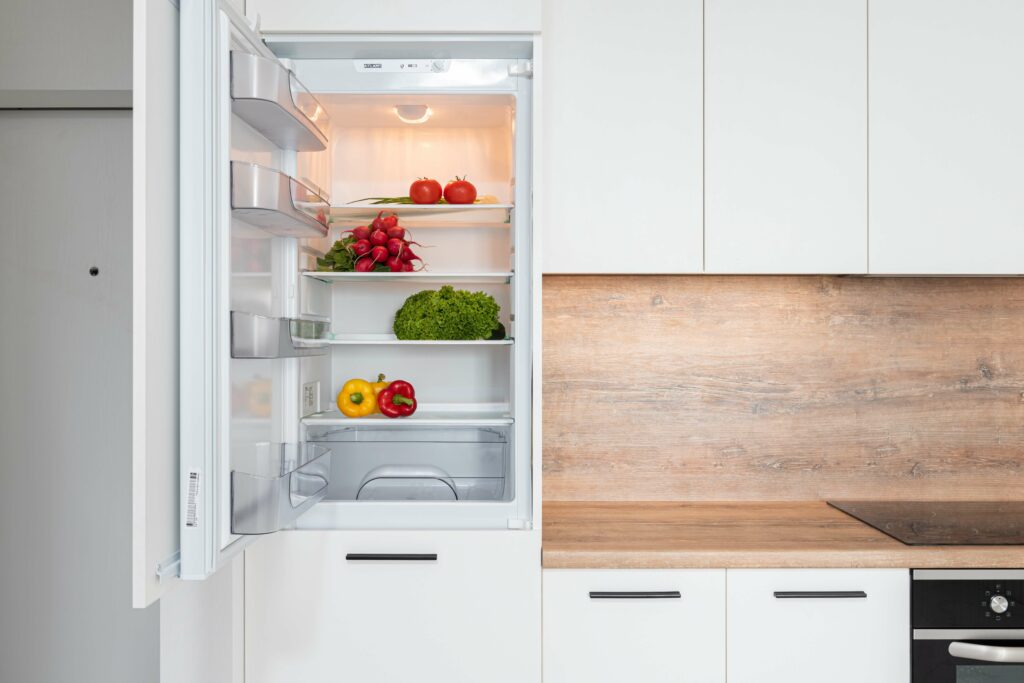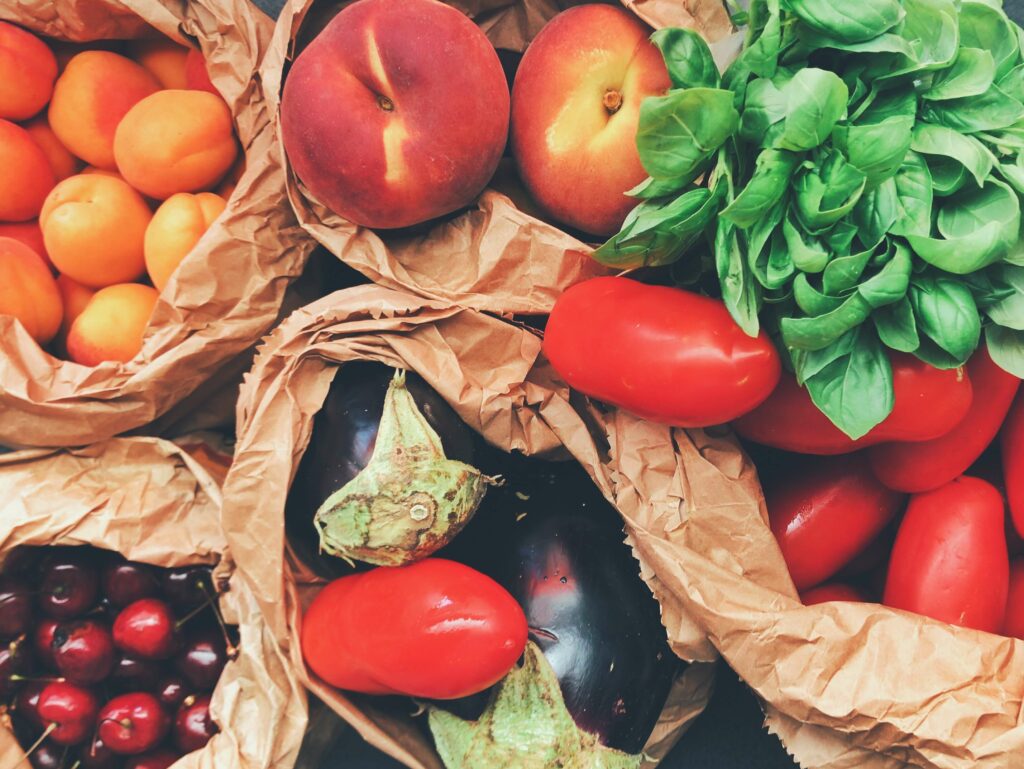Food waste is a bigger problem than many people realize. In fact, almost a third of all food produced in the world is discarded for a variety of reasons. That equates to almost 1.3 billion tonnes each year. Greece unfortunately has the leading position in Europe in annual household food waste produced per capita.
Although you do not think that wasting food affects you, think again.
Discarding edible food is not just a waste of money. The discarded food is sent to landfills, where it rots and produces methane gas. This is the second most common greenhouse gas contributing to climate change. At the same time, huge amounts of water are wasted. According to the World Resources Institute, 24%, or 170 trillion liters, of all water used for agriculture is lost to food waste each year.
If these numbers seem overwhelming to you, you can help reduce this harmful habit by following these tips.
1. Shop smart
Most people tend to buy more food than they need. Make frequent visits to the grocery store every few days to make sure you have exhausted all the food you bought from the last purchase.
Also, try to make a list of products you need to buy and stay on that list. This will help you reduce the impulsive market thus reducing food waste.

In addition to food of course, you need to make smart purchases for the rest of your household products. Focus better on eco-friendly products to reduce your environmental footprint.
2. Store food properly
Improper storage is one of the serious causes of food waste. According to studies, about two thirds of household waste is due to food spoilage. Many people are not sure how to store fruits and vegetables, which can lead to premature ripening and eventually rotten products.
3. Learn to maintain
Pickling, drying, canning, fermenting and freezing are all methods you can use to make food last longer. These methods will not only reduce the carbon footprint, but will also save you money.
4. Do not look to buy the perfect one
Did you know that looking in a bucket of apples until you find the perfect apple contributes to food waste? Although identical in taste and diet, the so-called “bad” fruits and vegetables are set aside for products that are more pleasing to the eye. Consumer demand for impeccable fruits and vegetables has led large grocery chains to buy only perfect products from farmers. This leads to wasted tons of good food.

5. Keep your refrigerator free of clutter
A well-stocked refrigerator can be useful, but an overcrowded refrigerator is not as useful. Avoid spoiling food by keeping your fridge organized so you can see food clearly and know when you bought it. A good way to store food in your refrigerator is to use the FIFO method, which means “first in, first out”.
6. Store the waste
Although many people save excess food from large meals, it is often forgotten in the fridge and then thrown away when it spoils. Storing leftovers in a clear glass container, instead of an opaque container, ensures that you will not forget the food.
If you happen to cook a lot and you have excess regularly, set a day to use what has been stored in the refrigerator. It’s a great way to avoid wasting food. In addition, it saves you time and money.
7. Use the peels
People often peel fruits and vegetables when preparing meals. This is a pity, because many nutrients are found in the outer layer of food such as vitamins, fiber, minerals and antioxidants. So eating the peels of fruits and vegetables is not only delicious and economical but also reduces food waste.
8. Use the stalks for flavor enhancer
The number of vegetable residues that contribute to the problem of waste is not small. Reduce it by making perfect and nutritious broths.
Saute with a little olive oil or butter vegetable residues such as tops, stalks, peels and any other leftovers, then add water and simmer in a fragrant vegetable broth.
Vegetables are not the only waste that can be turned into a tasty broth.
Instead of letting the chicken carcass or the bones of the meat left over from your dinner go to waste, simmer them with vegetables, herbs and water to make a homemade broth that you will not compare to anything on the market.
9. Check the serving amount
Overeating is a problem for many people.
Making sure your portion sizes stay within a healthy range not only helps keep your weight at a healthy level, it also reduces food waste. Finally, for an extremely environmentally friendly lifestyle, choose ecological cleaners for washing your dishes.
10. Become friends with your freezer
Freezing food is one of the easiest ways to preserve it, and the types of food that can be frozen are endless.
You can freeze leftovers. It’s a great way to make sure you always have a healthy, homemade meal available.

11. Compost
Composting food scraps is a beneficial way to reuse food scraps, turning them into energy for plants.
Although not everyone has room for an outdoor composting system, there is a wide range of compost bins that make this practice easy and accessible to everyone, even those with limited space.
12. Do not throw away coffee grounds
It is interesting to note that coffee grounds have many uses.
Those who have plants can be happy since coffee grounds are an excellent fertilizer for them. Soils are rich in nitrogen, phosphorus and potassium, which are nutrients that plants crave.
It is also a fantastic natural repellent for mosquitoes as research has shown that spraying the coffee consumed in grassy areas prevents female mosquitoes from laying eggs, reducing the population of these annoying insects.
There are many ways you can reduce food waste by reusing and recycling your food waste.
Even minimal changes in the way you shop, cook and consume food can help reduce your environmental impact and preserve some of the earth’s most valuable resources!


